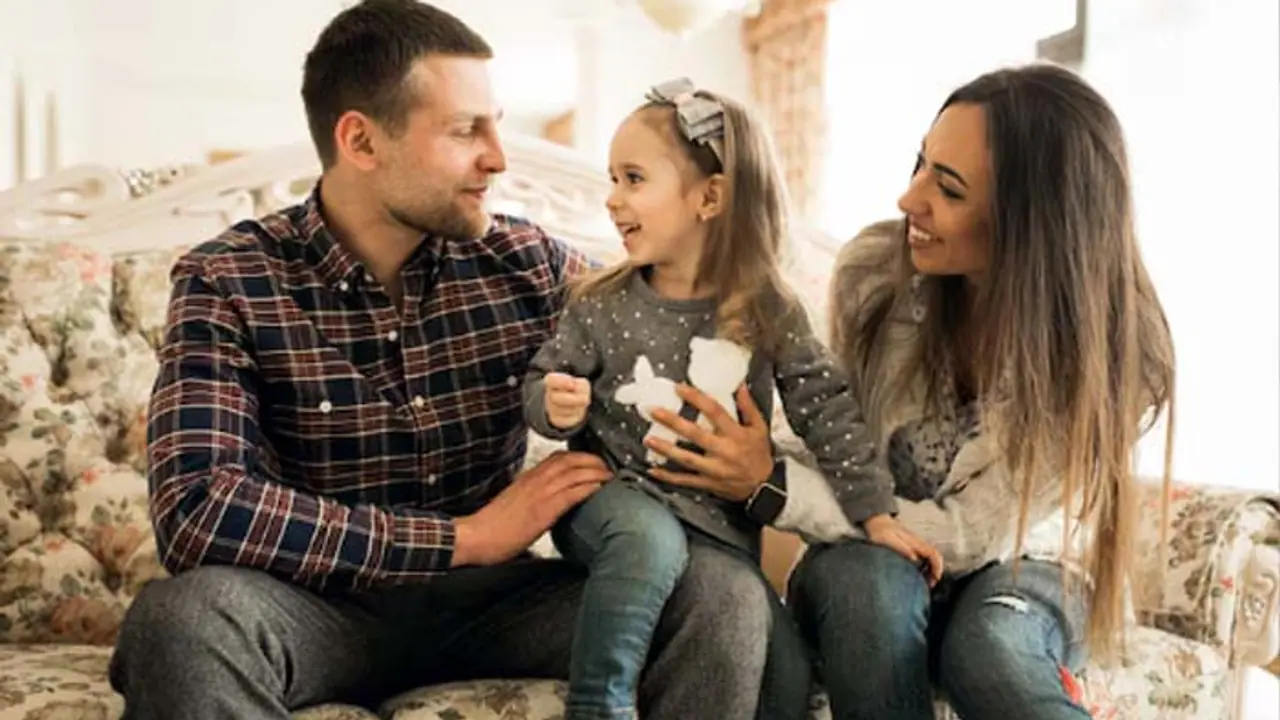Parenting in the digital age comes with unique challenges, but even AI has offered surprisingly effective support. This guide shares 7 parenting lessons from ChatGPT that have genuinely helped many parents build stronger, connections.
A parenting challenge that the digital age poses includes issues like screen time, emotional regulation, discipline, and communication issues. Interestingly, chat technologies are being used by many seeking advice, strategies, and support in this area. In no way is AI like ChatGPT saying that professionals' inputs or experiences are of no value; rather, what is being said is that ChatGPT has many an insight, many of them prudently, into parenting, and this has come through strongly to parents worldwide. Below are some seven parenting tips that could be of good use even for some parents:

7 Parenting Lessons From Chatgpt:
1. First Validate Your Child's Emotions
Showing support and identifying with the emotions of your child builds up a better relationship with the child.
Why it works- children feel heard and understood, meaning less meltdown and better confidence.
ChatGPT tip: Use phrases like "I can see you're upset" before offering solutions.
2. Set Clear but Flexible Boundaries
too rigid in rules can backfire. Setting limits suited to the child's age could mean growth and letting them find their path.
Why it works-power struggle is minimized or entirely withheld altogether in a very rare instance.
3. Positive Reinforcement Instead of Punishment
Praise Behavior and not simply everything you could've left alone
ChatGPT tip: Celebrate good behavior and say something like, "Your house looks great."
Why it works: every such bit of good behavior, when rewarded, is to have betterplay and not to ever be shamed.
4. Offer Choices to Empower Them
Children feel more in control when given a small choice. ChatGPT often suggests giving two acceptable options.
Example: "Do you want to brush your teeth before or after your bath?"
Why it works: Less resistance equals more cooperation.
5. Approach Tantrums with Calm Communication
Reacting creates more anger. One of the more oft-suggested advice from ChatGTP is to respond, not merely react.
Tip: Stay calm, speak softly, and lower your physical posture to be at their level.
Why it works: Helps cool off the ammonia base of those sudden outbursts and ensures good emotions in terms of personal regulation.
6. Establish Simple Routines for Consistency
Routines are what bring some predictability to a child's unstable world and help them know things are secure to a point.
ChatGPT tip: Create visual schedules for younger kids like a morning checklist or bedtime routine chart.
Why it works: This reduces anxieties about power and conflict over daily maintenance tasks.
7. Model the Behaviors You Want to See
Kids are great imitators. They eventually imitate behaviors that you are not only doing but also are only asking them to do. If you want your children to be kind, respectful, or responsible, you do the behaviors you would expect.
Why it works: Children are always copying you naturally; actions truly speak louder than words.
Parenting comes with no manual whatsoever, but technologies such as ChatGPT have approximately provided some actions that are operational in some homes. From empathizing with the child’s emotions to nurturing calm communication skills and structure, these life lessons are therefore not only AI-generated but significant, being tested and approved by our parents. In every effort of successful parenting, always remember: Consistency, patience, and empathy.


